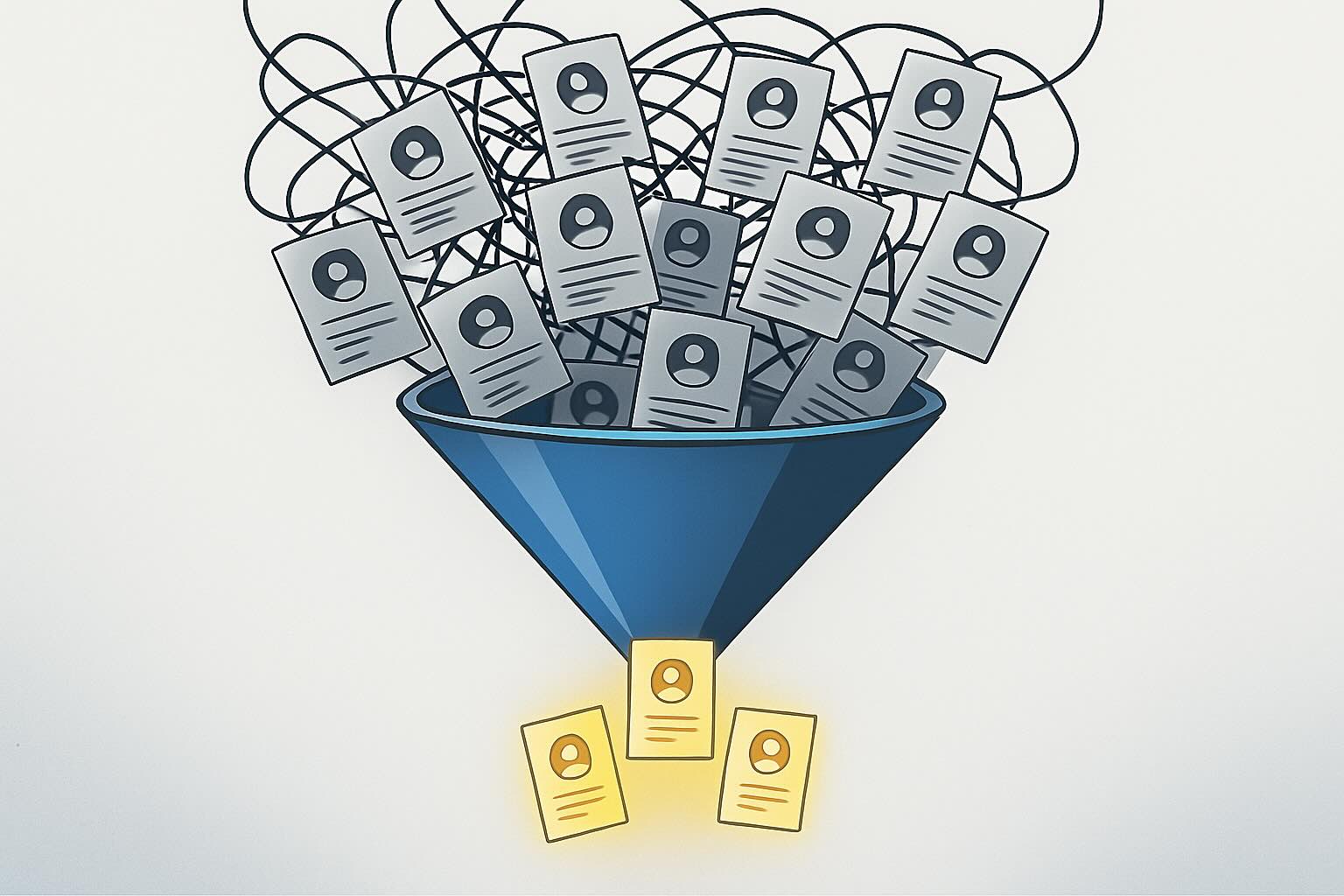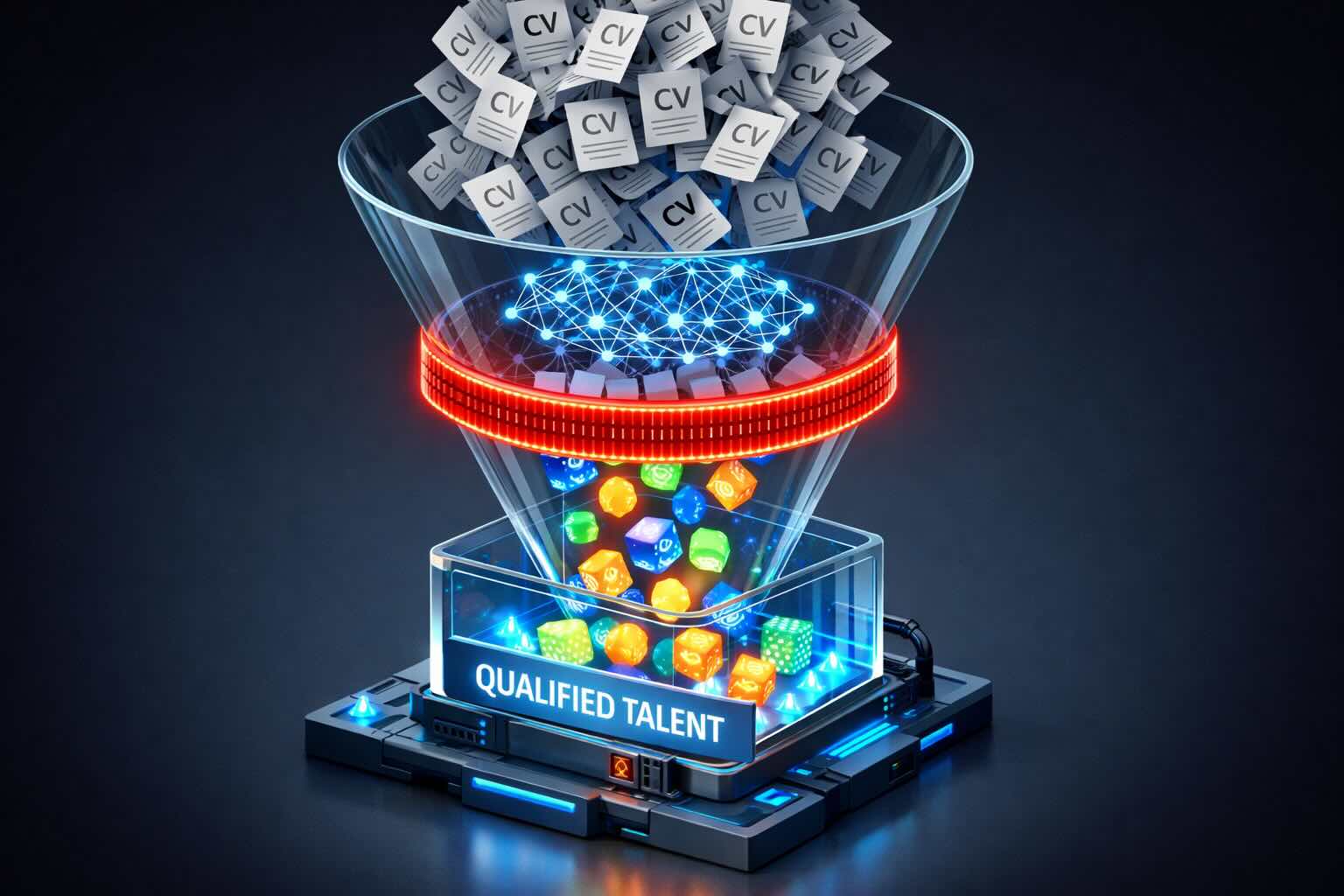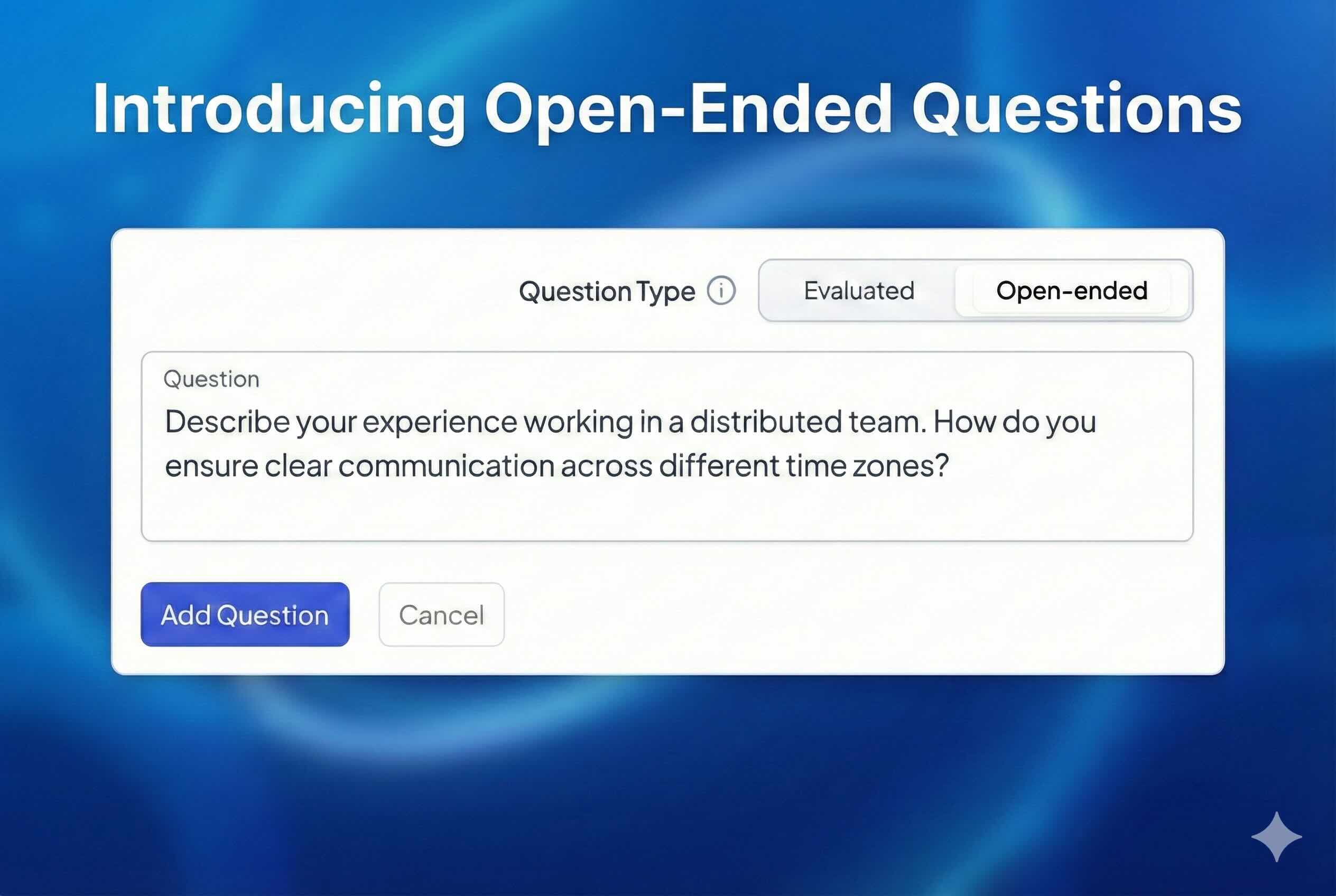
The Definitive Guide to Automated Technical Screening (2026 Edition)
Hiring software engineers has become a high-stakes battle against inefficiency. We have passed the tipping point. It is no longer just about candidates copy-pasting code from ChatGPT. In 2026, candidates are utilizing real-time voice co-pilots and automated application agents. The 'Resume' is dead, and the 'Take-Home Test' has been fully solved by AI. Recruiters are drowning in a flood of applications from candidates who look perfect on paper but lack the fundamental conceptual knowledge to perform on the job.
Your most valuable resource is your senior engineers' time. It's being squandered on countless hours of interviews with unqualified candidates. The process is broken.
The solution is a modern, strategic approach: automated technical screening.
This guide is for hiring managers, technical recruiters, and engineering leaders who need to reclaim their time and build world-class teams. We will cover what automated technical screening is, the powerful benefits it offers, and how to implement it to transform your hiring process.
Key Takeaways (2026 Update)
- The "Resume" is Dead: Generative AI has flooded inboxes with perfect, hallucinated resumes. The only valid signal remaining is verbal, conceptual verification.
- Audio Forensics are Required: Text-based cheat detection is obsolete. Modern platforms must analyze audio latency and response patterns to detect candidates using real-time voice co-pilots.
- Global-First Hiring: The best talent isn't always local. Automated screening now bridges the language gap, conducting interviews in 30+ languages while delivering English reports to your team.
- Massive ROI: By automating the top-of-funnel, you reclaim over $18,000 per engineer/year and eliminate the risk of hiring "paper-tigers"—candidates who look great on AI-written profiles but cannot design systems.
What is Automated Technical Screening?
Automated technical screening is the use of technology to conduct a consistent, unbiased, and scalable initial vetting of a candidate’s conceptual and technical knowledge. It acts as a powerful, data-driven filter that sits at the top of your hiring funnel, ensuring that only qualified, high-potential candidates advance to the manual interview stages.
A modern platform, like EvoHire, streamlines this process entirely:
- Define the Role: A recruiter creates a "Job" by uploading their job description. The platform will automatically generate a customized AI agent with role specific screening questions.
- Initiate the Screen: The candidate receives a link and can start an on-demand phone or video call with an AI agent at their convenience. There's no scheduling required.
- Assess Deep Knowledge: The AI agent asks a series of questions from a validated, pre-determined bank to probe the candidate's core conceptual understanding—the "why" behind the code, not just the "how."
- Receive Actionable Reports: Within minutes, the hiring manager receives a detailed report featuring a full transcript, a video recording, an AI-generated performance summary, and a crucial cheat-detection analysis.
This is fundamentally different from passive, easily-gamed coding challenges. It’s an active, conversational assessment that reveals a candidate’s true abilities.
The Compelling ROI of Automating Your Screening
Adopting automated screening isn't just a workflow improvement; it's a significant financial and strategic investment. Let's break down the tangible returns.
1. Reclaim Thousands of Dollars in Engineering Time
The biggest hidden cost in hiring is the time your senior engineers spend away from product development.
- The Math: Let's say a senior engineer has a fully-loaded cost of $165/hour. If they spend just 10 hours per month on initial screening calls with unqualified candidates, that's $1,650 per month ($19,800 per year) of lost productivity.
- The Solution: By automating this top-of-funnel screening, you ensure that those 10 hours are only spent with candidates who have already been validated. This frees your most valuable talent to focus on what they do best: building your product.
2. Drastically Reduce the Cost of a Bad Hire
The U.S. Department of Labor estimates the cost of a bad hire can be up to 30% of the employee's first-year salary. For an engineer making $150,000, that’s a $45,000 mistake. Automated screening acts as a critical insurance policy against this by:
- Ensuring Baseline Competence: It filters out candidates who cannot meet the basic technical requirements.
- Reducing Bias: It provides an objective, data-driven assessment, reducing the chance of personal bias leading to a poor hiring decision.
3. Accelerate Your Time-to-Hire
In a competitive market, speed is everything. Top candidates are often off the market in just 10 days.
- The Problem: Traditional processes involving manual resume review and scheduling phone screens can take weeks.
- The Solution: Automated screening is on-demand. A candidate can be screened, assessed, and have their report on your desk the same day they apply, allowing you to move on top talent before your competitors even have a chance.
4. Unlock Global Talent Pools
Previously, hiring offshore required expensive agencies or language barriers. Automated multilingual screening allows you to validate technical skills globally without a translator, widening your talent pool by 10x.
Key Benefits of Automating Your Screening
- Assess Real Conceptual Understanding, Not Just Coding: As AI tools like GitHub Copilot generate more code, an engineer's true value lies in their ability to design systems, debug complex problems, and make sound architectural decisions. A verbal, automated screen is uniquely effective at probing this deeper layer of knowledge.
- Eliminate Interviewer Bias: Automated systems ask every candidate the same questions in the same way, providing a level playing field. The AI evaluates responses based on technical merit alone, free from the unconscious biases that can affect human interviewers. This leads to a more diverse and higher-quality pipeline.
- Dramatically Improve Interview Quality: Stop wasting time on interviews that go nowhere. By filtering out unqualified applicants early, you guarantee that the precious time your engineers spend in live interviews is exclusively with high-potential candidates who are worth a deep dive.
How to Implement Automated Screening in 3 Steps
- Define the Role: Create a job profile in the platform and select the skills you need to vet.
- Send the Screening Link: Candidates use a link to initiate the on-demand AI call whenever they are ready.
- Review the Signal, Not the Noise: Meaningful analysis happens in the dashboard. Use the Cheat Probability Score and canonical answer grading to make decisions in under 3 minutes per candidate.
Frequently Asked Questions (FAQ)
- Q: What is the difference between a technical screen and a technical interview?
- A: A technical screen is a high-level, top-of-funnel assessment designed to quickly validate a candidate's core knowledge and filter out those who don't meet the minimum requirements. A technical interview is a deeper, more intensive evaluation, often involving live coding or system design, conducted with candidates who have already passed the screen.
- Q: Can automated screening assess soft skills?
- A: While the primary focus is on technical competence, the recorded nature of video and phone screens can provide insights into a candidate's communication skills, clarity of thought, and ability to articulate complex ideas.
- Q: Is automated screening fair to candidates?
- A: Yes, it is arguably fairer than traditional methods. By standardizing the questions and removing human bias, every candidate gets an equal opportunity to demonstrate their skills. It also respects the candidate's time by being on-demand.
- Q: Can AI Agents detect if a candidate is using a Voice Co-pilot?
- A: Yes. Sophisticated platforms like EvoHire use latency analysis. If a candidate consistently pauses for the exact duration it takes a bespoke LLM to generate an answer, our audio forensics flag it as suspicious.
- Q: How does this work for non-native English speakers?
- A: Seamlessly. EvoHire has full support multilingual interviewing. The candidate speaks comfortably in their native tongue, and the system translates the assessment logic and final report into English for the hiring manager.
The Future of Hiring is Here
The flood of AI-assisted, unqualified applicants has rendered the traditional hiring playbook obsolete. Relying on resumes and take-home assignments is no longer a viable strategy for building elite engineering teams.
Automated technical screening solves the most pressing problems in modern tech recruiting. It saves thousands of dollars, eliminates bias, and allows you to build a better, stronger team by focusing on the one thing that truly matters: a candidate's genuine conceptual understanding.
Ready to stop wasting time and start building with confidence? See how EvoHire's automated technical screening can transform your hiring process.
Ready to Accelerate Your Hiring Velocity?
Leverage AI agents to eliminate false-positive interviews and save valuable engineering time









